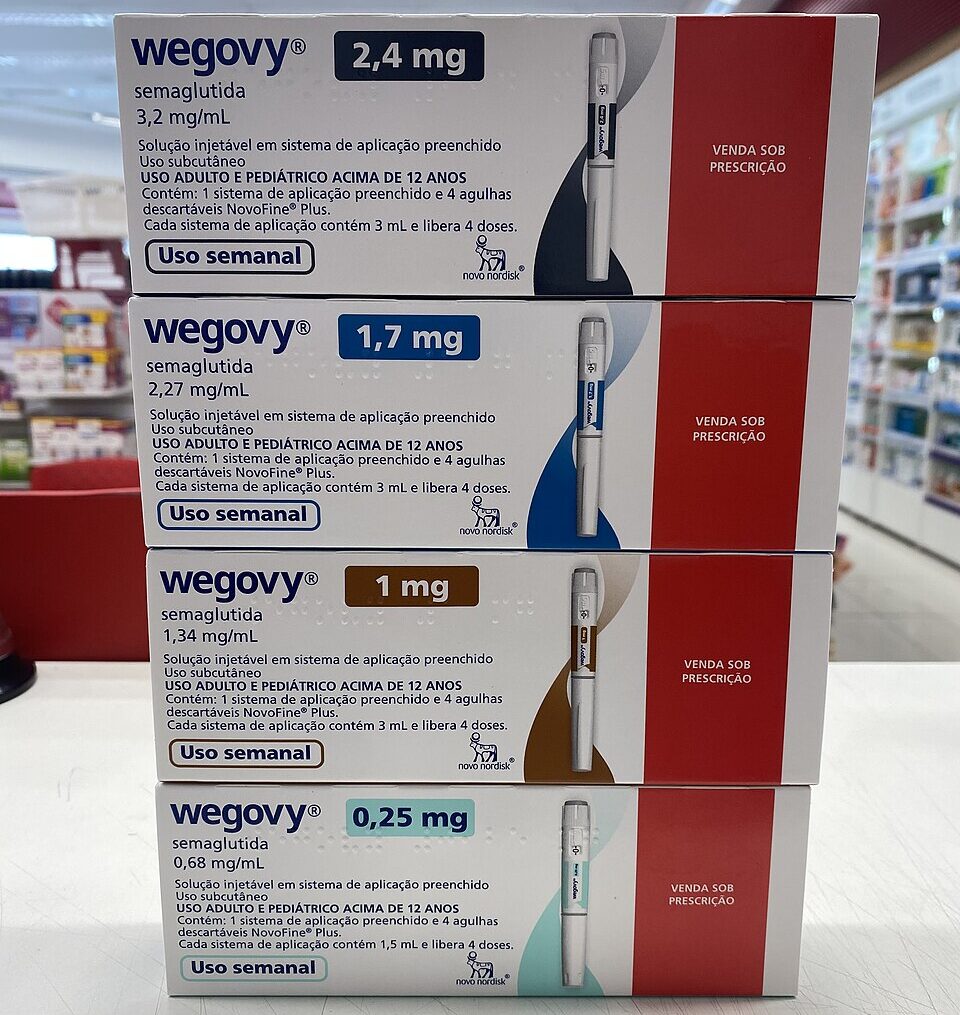Weight management drugs have emerged as the fastest-growing prescription category in Canadian private drug plans, jumping from 54th position in 2016 to 17th in 2024, according to TELUS Health’s newly released 2025 Drug Trends Report.
Claims for weight management medications surged 90.6 per cent since 2023, driven partly by the Canadian launch of Wegovy (semaglutide), announced TELUS Health at its annual conference Tuesday.
The report, which analyzes data from more than 15 million insured Canadians, indicates diabetes medications still hold the top position among prescription drug claims, while biosimilar adoption has increased more than 27 per cent over the previous year.
“Private sector drug plans protect and increase access to pharmaceutical care, but they are in constant need of expert adjustment to ensure they continue to meet the needs of people in Canada,” said Martin Bélanger, senior vice-president of payor and provider solutions at TELUS Health.
The rapid growth in weight management prescriptions corresponds with rising obesity rates, with Statistics Canada reporting that 30.2 per cent of Canadians had obesity and 35.5 per cent were overweight in 2023. Healthcare organizations in both Canada and the United States now recognize obesity as a chronic disease.
Further growth expected
TELUS Health anticipates continued expansion in the weight management category with additional medications on the horizon.
“We expect the weight category to grow further in the next two or three years, with the arrival of two additional drugs — Zepbound (tirzepatide), semaglutide and cagrilintide — working their way through clinical trials,” said Vicky Lee, pharmacist and director of pharmacy consulting and professional services at TELUS Health.
More plan sponsors are recognizing the value of covering weight management medications, Lee noted, especially as evidence grows regarding the health and productivity costs associated with obesity.
The report also highlighted several emerging drug categories that could significantly impact benefits plans, including gastrointestinal and migraine medications, ultra-high-cost drugs for rare diseases (those costing more than $100,000 annually), and upcoming Alzheimer’s treatments that may soon enter the Canadian market.
Biosimilar adoption rising
Biosimilar adoption continues to increase across Canada, with 56.9 per cent of biologic drug claimants now using biosimilars—a 27.6 per cent increase from 2023. Four regions implemented new biosimilar switching requirements in the past year: Manitoba, Prince Edward Island, Newfoundland and Labrador, and Yukon.
British Columbia demonstrates the potential savings, having reduced provincial healthcare costs by more than $732 million over five years through biosimilar transitions.
“The delayed availability of key biosimilars for conditions like autoimmune disorders, bone diseases and psoriasis until late 2024 resulted in lower-than-anticipated adoption rates in some categories,” explained Blandine Mosna, pharmacist at TELUS Health. “However, we anticipate a significant uptick in biosimilar usage over the coming year.”
Regional differences persist
The report revealed significant regional variations in drug spending. Quebec has the highest regional average at $1,591 per employee in eligible claims, while Western Canada has the lowest at $942—a difference of 51.2 per cent, influenced partly by provincial pharmacare plans.
Overall, employees submitted an average of $1,338 in eligible drug claims to private plans, an increase of 4.7 per cent since 2023. Growth rates were below the national average in Atlantic and Western Canada at 2.9 per cent and 2.0 per cent respectively.
Generic medications continued their annual increase in 2024, reaching 68.8 per cent of all prescriptions covered by private drug plans. Despite representing more than two-thirds of prescriptions, generics accounted for only 26.8 per cent of eligible amounts, highlighting their cost-effectiveness.
The report indicates there remains significant room for greater generic adoption, as multi-source brand-name drugs still represent 7.3 per cent of medications that have generic alternatives available.
TELUS Health’s report analyzes data trends dating back to 2008, providing a comprehensive view of prescription medication coverage trends in Canadian private drug plans.





